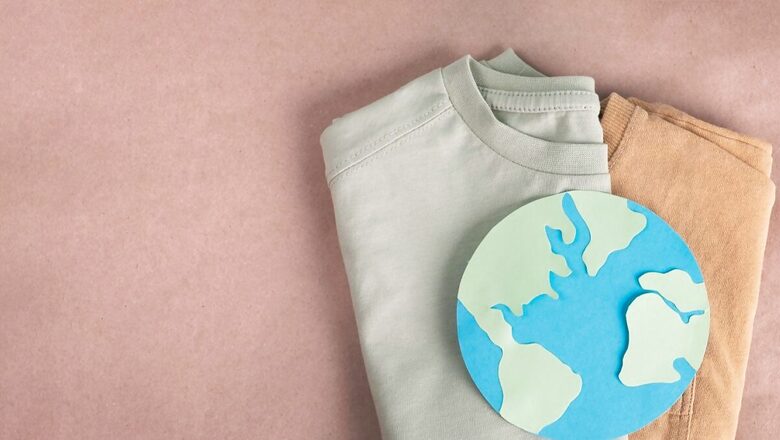
views
In the dynamic world of fashion, the winds of change are blowing strong, ushering in an era where sustainability takes center stage. From luxury to digital innovations, from traditional crafts to circular fashion, the industry is witnessing a profound shift towards more eco-conscious practices. Let’s delve into the key trends and insights shared by Professor Devender Singh Kharb, Dean of the School of Fashion, The World University of Design, and Mamta Roy, Founder of Odette E-Retail.
Luxury Meets Sustainability:
Professor Kharb emphasizes, “The prevailing trend in sustainable fashion is luxury, where sustainability is seamlessly integrated into the very essence of luxury.” This amalgamation underscores the enduring longevity of fashion items, aligning with the imperative of sustainability amidst global challenges. Notably, Indian traditional crafts and textiles are reclaiming their place on the global stage as luxury products, reinforcing this trend.
Digital Fashion Revolution:
In the digital realm, Mamta Roy points out, “Digital Fashion, epitomized by the digital closet, emerges as a prominent trend, empowering individuals to creatively express themselves without constraints.” Research indicates that a significant portion of consumers now purchase clothes solely for social media photos, reflecting the transformative power of digital platforms in shaping fashion consumption habits.
Second-Hand Chic:
Generation Z is leading the charge towards sustainable fashion with a penchant for second-hand clothing and recycling. Professor Kharb observes, “Many consciously opt for pre-loved garments to combat excessive garment production and support environmental conservation.” However, concerns linger regarding the potential adverse impact on the fashion industry and economy, highlighting the need for a balanced approach to second-hand fashion.
Circular Fashion Economy:
Circular fashion is gaining traction across conglomerates, brands, and startups, prompting a reevaluation of the fashion item lifecycle. Professor Kharb notes, “Industrial centers like Panipat in Haryana, renowned for garment recycling, are regaining prominence with renewed activity and interest.” Funding and grants directed towards circular fashion underscore the industry’s commitment to sustainability and innovation.
Eco-Friendly Practices:
Mamta Roy emphasizes the growing emphasis on eco-friendly practices within the fashion industry. “Organic fabrics such as hemp and cotton, along with natural dyes, are gaining popularity, reducing environmental impact,” she says. Additionally, there’s a rising interest in biodegradable packaging options and reusable fashion made from renewable resources, reflecting a shift towards more conscious consumption patterns.
In conclusion, the fashion industry is undergoing a profound transformation, embracing sustainability as a guiding principle. From luxury to digital innovations, and from traditional crafts to circular fashion, stakeholders are reimagining the future of fashion with a renewed focus on environmental conservation and ethical practices. As consumers, embracing these trends empowers us to make mindful choices that resonate with our values and contribute to a more sustainable future for fashion and our planet.




















Comments
0 comment